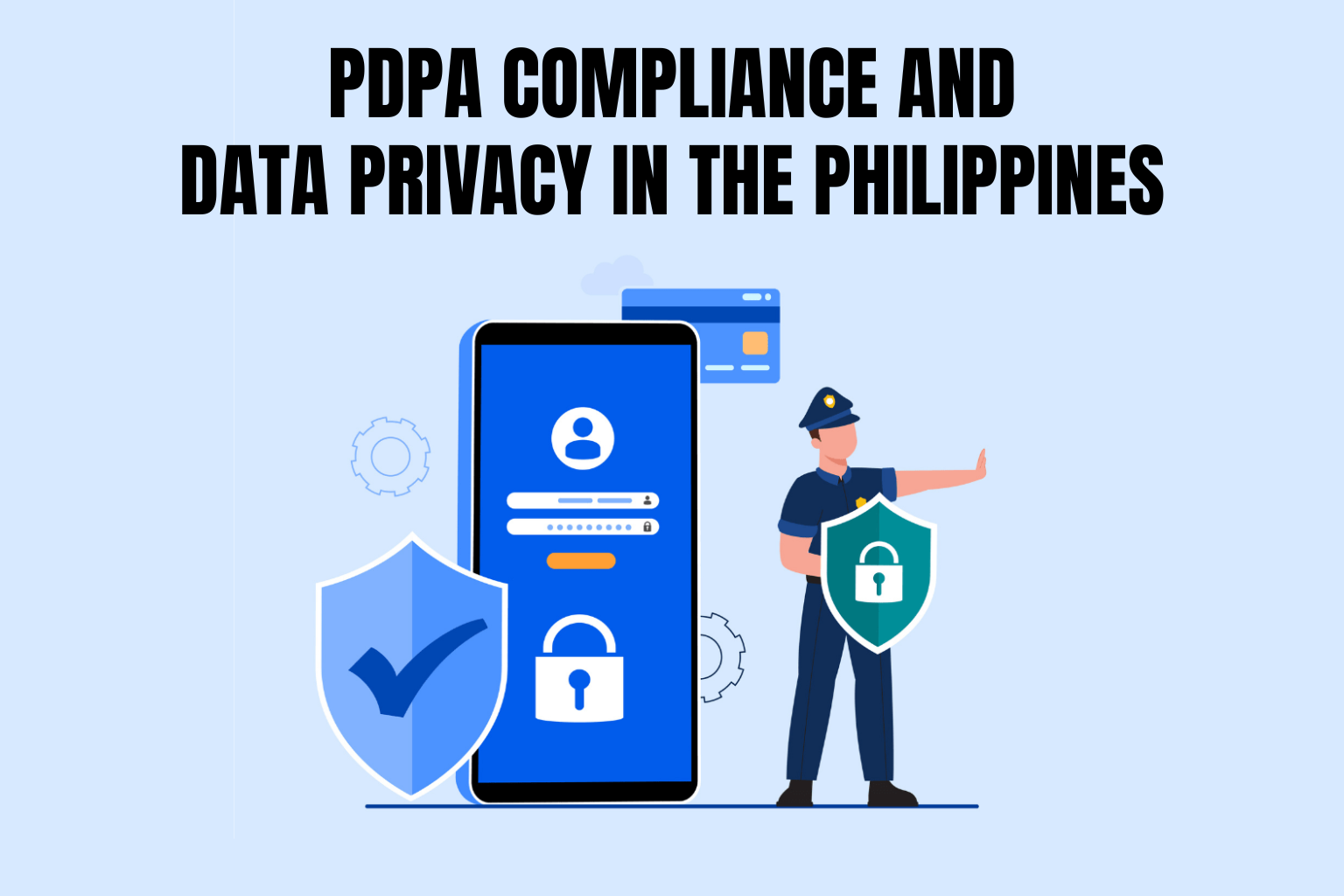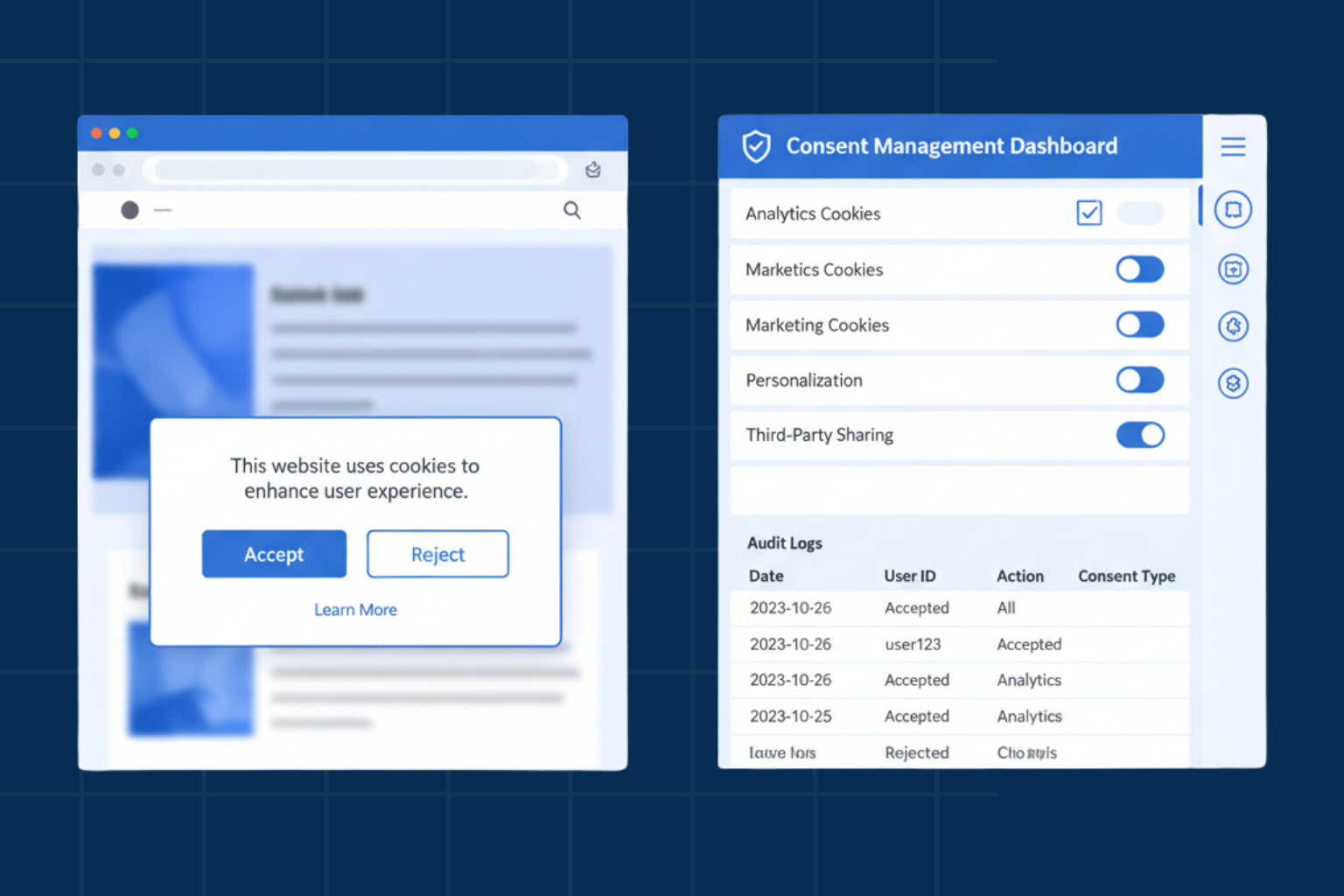
Your Complete Guide to PDPA Compliance and Data Privacy in the Philippines
As data becomes an invaluable business asset and privacy expectations grow, organizations operating in the Philippines must prioritize personal data protection not just to stay compliant, but to earn and maintain customer trust. The Philippine Personal Data Protection Act (PDPA), enacted in 2012 and enforced by the National Privacy Commission (NPC), is the country’s cornerstone data privacy law.
Whether you’re a local startup handling Filipino data or a global organization serving customers in the Philippines, Redacto simplifies PDPA compliance by providing practical insights and solutions. This guide explains the essential principles, responsibilities, penalties, and actionable steps you need to strengthen your data privacy program.
What Is the PDPA?
The Philippine Personal Data Protection Act (Republic Act No. 10173) was designed to protect individual privacy and ensure that personal data is collected, processed, and stored responsibly. It applies to both public and private entities including businesses outside the Philippines that use local equipment or process data about Filipino citizens.
Aligned with global standards like GDPR, the PDPA helps position the Philippines as a trusted digital hub in Southeast Asia. The National Privacy Commission (NPC) provides continuous guidance, helping businesses stay compliant in today’s rapidly evolving digital environment.
Who Must Comply with the PDPA?
- Any public or private organization processing personal data in the Philippines
- Global companies using equipment located in the Philippines or processing data about Filipino citizens
- Businesses meeting certain thresholds, such as employing over 250 staff or processing sensitive data of more than 1,000 individuals
Key Concepts You Should Know
- Personal Information (PI): Any data that can identify a person directly or indirectly
- Sensitive Personal Information (SPI): Includes health data, race, government-issued IDs, and other highly confidential information
- Personal Information Controller (PIC): The entity responsible for deciding how personal data is processed
- Personal Information Processor (PIP): The entity that processes personal data on behalf of the PIC
Core PDPA Compliance Principles
Redacto helps you adopt the three foundational principles of PDPA compliance:
- Transparency: Individuals must understand how their data is being collected and used
- Legitimate Purpose: Data should only be collected for clear, lawful purposes
- Proportionality: Only the necessary minimum data should be collected and processed
Data Subject Rights Under the PDPA
Individuals in the Philippines are empowered by several enforceable rights, including:
- Right to be informed about data collection
- Right to access personal data
- Right to object to certain processing activities
- Right to correct inaccurate information
- Right to block or delete data
- Right to data portability
- Right to seek damages for misuse
Penalties for PDPA Non-Compliance
Failing to comply with the PDPA can result in:
- Administrative fines up to PHP 5 million per violation
- Criminal penalties including imprisonment of up to 7 years for serious offenses
- Civil liability where companies may be held financially responsible for data breaches or misuse
Conclusion
Staying ahead in the dynamic privacy landscape requires constant vigilance and adaptation. Redacto empowers your organization to proactively manage evolving regulations and expectations through regular PIAs, thorough reassessment of cross-border data transfer safeguards, efficient workflows for DSARs and breach responses, and readiness for future privacy demands such as enhanced data portability. With Redacto, you can ensure sustained compliance, build trust with your stakeholders, and confidently navigate the complexities of data privacy.
FAQs
1. What types of businesses need to comply with the PDPA?
Any organization that processes personal data in the Philippines, including local businesses and global companies targeting Filipino customers, must comply with the PDPA.
2. What is the role of a Data Protection Officer (DPO)?
A DPO ensures compliance with the PDPA, manages data protection policies, monitors processing activities, and serves as the point of contact with the National Privacy Commission (NPC).
3. How does Redacto help handle Data Subject Access Requests (DSARs)?
Redacto designs automated and traceable DSAR management systems that allow organizations to process access, correction, deletion, and portability requests efficiently and in compliance with PDPA timelines.
4. What happens if my business doesn’t comply with the PDPA?
Non-compliance can lead to fines up to PHP 5 million, criminal imprisonment, and civil liabilities, besides damaging your business reputation.
5. Can Redacto help my business with cross-border data transfers?
Yes, we help design proper safeguards to ensure that personal data transferred outside the Philippines remains protected and compliant with the PDPA and global privacy regulations.




%20Redacto%20logo_New.png)





.jpg)


.jpg)